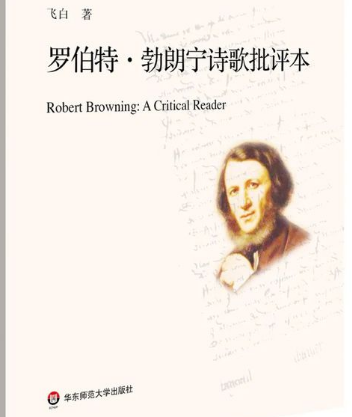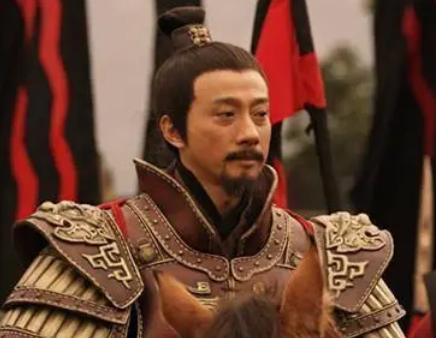In the Qing Dynasty, the official rank system was strict, which stipulated the status and power of officials. So, what rank of official could see the emperor?

Firstly, we need to understand the official rank system of the Qing Dynasty. The civil officials in the Qing Dynasty were divided into nine ranks, with the first rank being the highest and the ninth rank being the lowest. Officials from the first to the third rank were usually regarded as high-ranking officials, including ministers and Deputy Ministers of various departments. Officials from the fourth to the sixth rank were regarded as mid-level officials, including Chiefs of Bureau and Junior Chiefs of Bureau of various departments. Officials from the seventh to the ninth rank were regarded as grassroots officials, including Magistrates and Deputy Magistrates of various counties.
Next, let's look at the emperor's reception system. In the Qing Dynasty, the emperor's reception was strictly regulated. Generally speaking, only high-ranking officials had the possibility of being received by the emperor. This was because high-ranking officials had important responsibilities and they needed to report their work to the emperor and receive instructions from him. While mid-level and grassroots officials generally did not have direct contact with the emperor, their main task was to execute orders from higher-level officials.
However, this did not mean that mid-level and grassroots officials had no chance to see the emperor at all. Under some special circumstances, such as when the emperor was touring or attending a ceremony, mid-level and grassroots officials might also be selected to participate, thus having the opportunity to see the emperor.
Overall, the official rank system and the emperor's reception system in the Qing Dynasty were complementary to each other. High-ranking officials had more opportunities to see the emperor due to their important status and responsibilities. While mid-level and grassroots officials had fewer opportunities, they still had the possibility of being received by the emperor under special circumstances. This system ensured the normal operation of the Qing government and also reflected the hierarchical order of feudal society.
Disclaimer: The above content is sourced from the internet and the copyright belongs to the original author. If there is any infringement of your original copyright, please inform us and we will delete the relevant content as soon as possible.































